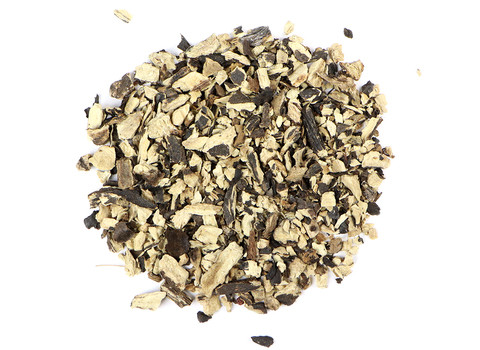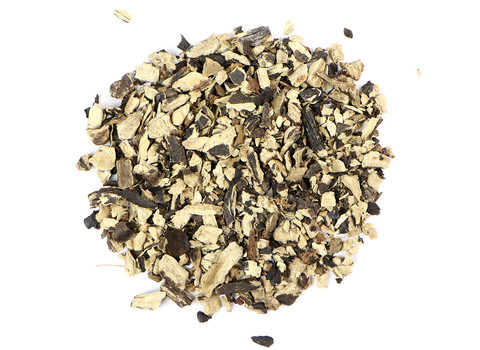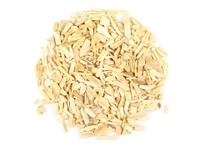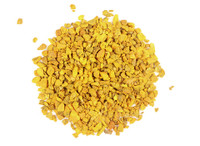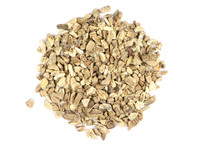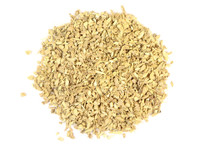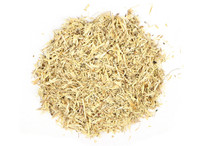-
Product Description
COMMON NAME
Standardized: comfrey
Other: common comfrey, healing herb, knitboneBOTANICAL NAME
Symphytum officinale L.
Plant Family: BoraginaceaeOVERVIEW
Comfrey leaf has been used since Roman times, dating back thousands of years. This herb has been utilized in folk medicine throughout Europe and North America and has been widely cultivated. Much debate surrounds the safety of comfrey due to various parts and preparations containing potentially toxic alkaloids. It is important to understand that the part used, species, and time of harvest all come in to play when determining the safety of this herb. A large body of traditional use supports its safety and efficacy if used intelligently and cautiously.BOTANY
A member of the Borage or Boraginaceae family, comfrey's relatives include both borage (Borago sp.) and heliotrope (Heliotropium sp.). The Symphytum genus contains about 35 species, all of which can be used interchangeably, although pyrrolizidine alkaloid content varies between species and are highest in Russian comfrey (S. x uplandicum) and prickly comfrey or (S. asperum). Comfrey has large, rough, hairy, and lance-shaped leaves with whitish, pink, or purple flower spikes which have a slight heliotrope like curl typical of this family. It is native to much of Europe, and various regions in Asia such as the Caucasus, Kazakhstan, Siberia, and Turkey, and is commonly found as a weed in temperate northern latitudes.USES AND PREPARATIONS
Dried root for topical uses.PRECAUTIONS
Not for internal use. Do not apply to broken or abraded skin. Do not use when nursing.
We recommend that you consult with a qualified healthcare practitioner before using herbal products, particularly if you are pregnant, nursing, or on any medications.This information has not been evaluated by the Food and Drug Administration. This product is not intended to diagnose, treat, cure, or prevent any disease. For educational purposes only.
-
Product Reviews
-
Find Similar Products by Category

